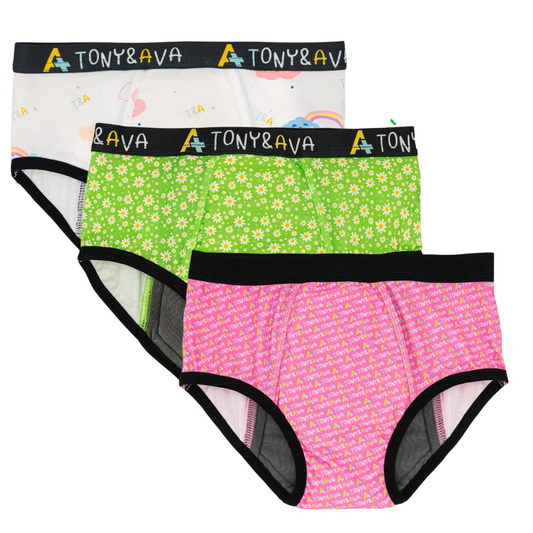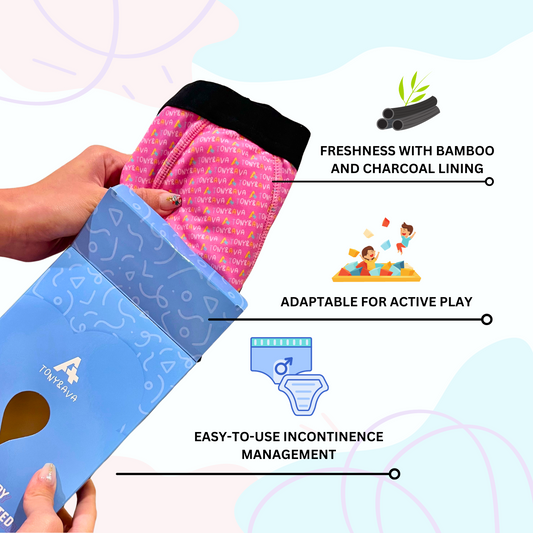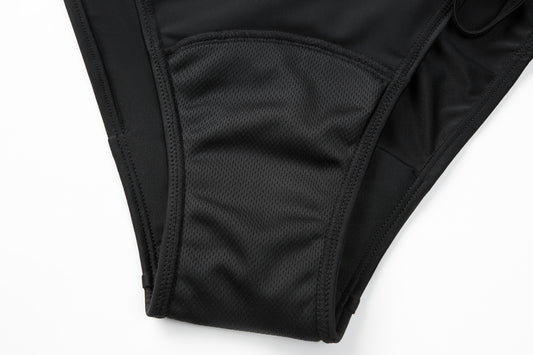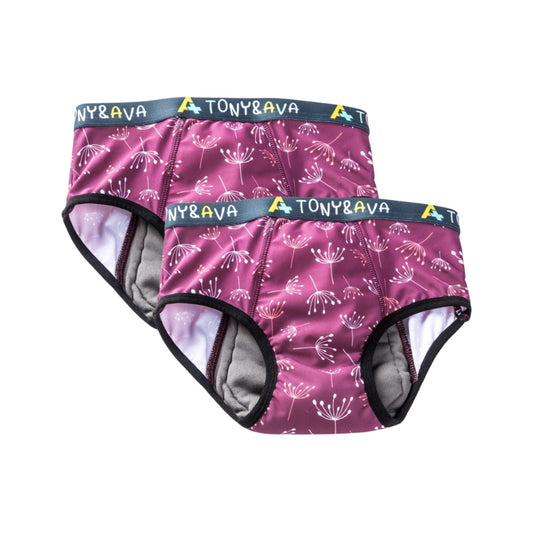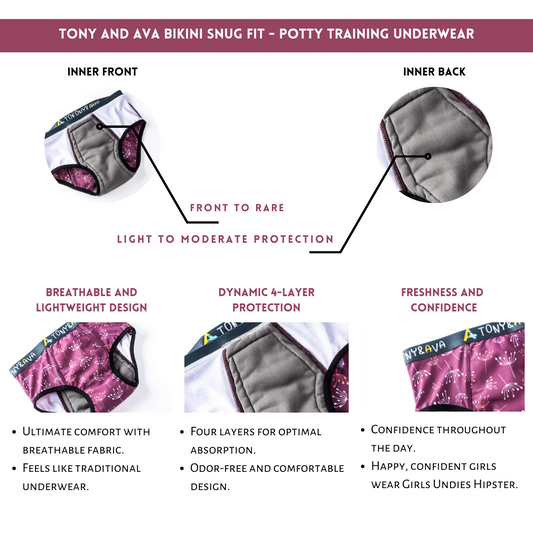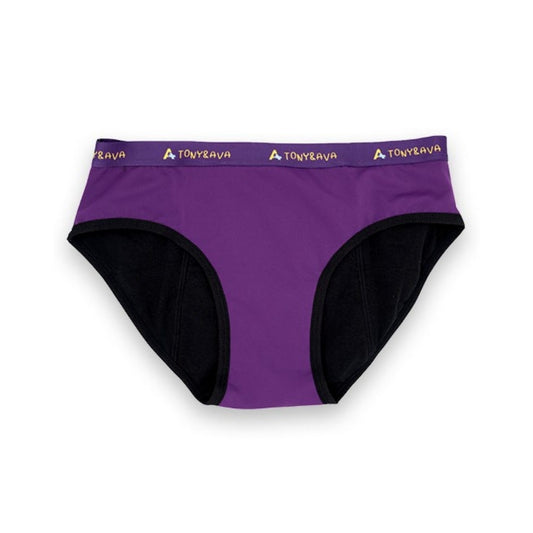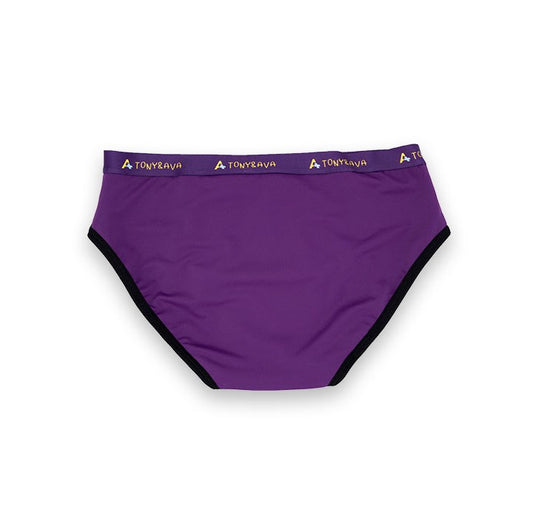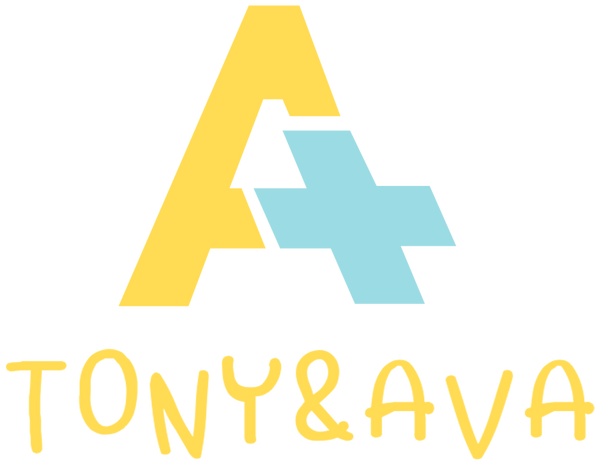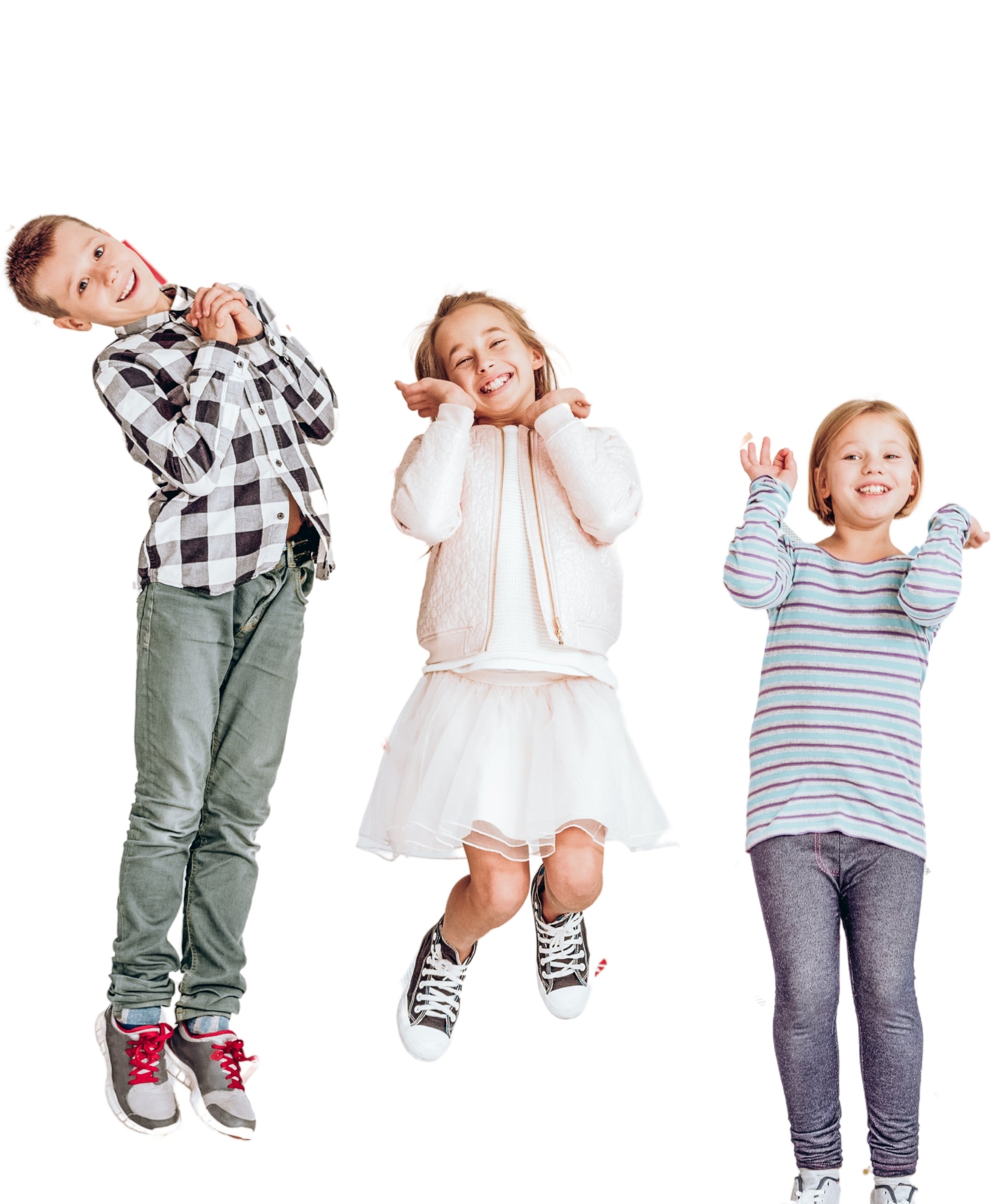Potty training your child can be a time that is looked forward to with great anticipation, yet great dread at the same time. Every parent dreams of the day that they are diaper-free, but getting there...well...that’s the fun part. Some kiddos are super easy to potty train, whereas others are far more resistant. Potty training a child who doesn’t want to can be exasperating, to say the least, and special needs children can be far more challenging than typical children to take through this process.
Just remember, you are not alone in this adventure known as potty training. Our potty training experts at Tony and Ava are standing with you to give you advice on special needs potty training for differently-abled kiddos and what to do when your potty training kid keeps having accidents. So, without any further delay, let’s take a look at toilet training your extra special little one.
As you embark on this journey, try to look at the positives of the big picture. Once your child masters potty training, they are going to feel so proud and have a level of confidence and independence that they didn’t previously have. Also, keep in mind that studies show that even kids with special needs are typically ready to successfully potty train by around 3 years of age, therefore the chances of your child going to college or their first job in diapers are relatively low.
Before you start the process of trying to potty train your special needs child, it is a good idea to look for signs of their readiness and complete a few steps to open the door to achieving this new life skill. First of all, it is important to consult with your young one’s pediatrician to make sure that they are physically ready to potty train and that there are no reasons medically speaking that could render them incontinent.
It is also important to pay attention to whether or not your child complains of pain or struggles to start going when urinating or defecating, as well as taking note if their urine smells foul or odd. These could indicate an infection or other issue that needs to be addressed before potty training can successfully commence. Keeping your little one’s skin protected, dry, and non-irritated is recommended too.
There are several readiness factors that can be looked at that will help you determine whether your special needs child is prepared to take this step. Without having these milestones in place, you may be stuck potty training a child who doesn’t want to. These milestones include:
- Motor
- can sit unsupported
- walks without help
- dresses and undresses with minimal assistance
- Language
- processes and understands simple commands
- shows needs using signs, gestures, or words
- shows awareness of being soiled or wet
- Cognitive
- searches for toys
- imitates others
- uses imaginative play
- Toileting Specific
- stays dry for at least an hour at a time
- has solid bowel movements
- knows what a toilet is and will sit on it
If your little one has mastered many of the concepts above, you should have the green light to being potty training them.
Before you get started, keep in mind that it is best to begin potty training when your child’s home life is stable and no big life changes like a new sibling or move are anticipated. Starting in warmer weather can be helpful too since that means less clothing to take off and put back on. It can also be a great idea to keep a potty journal for a week or so before you start potty training to help clue you into your child’s natural bathroom habits.
Once you get started, begin by just having them sit on the potty to get familiar with it. If your child has physical limitations, there are some great adaptive training toilets on the market. Slowly progress to removing your little one’s diaper and having them sit. It is also helpful to take a child’s bowel movement from their diaper and place it in their training potty, thus showing them that is where a BM belongs. Do not flush the potty in front of your child unless they show interest, as it may scare them and send them into regression.
Once these steps have been completed, it is time to start taking your child to the potty hourly and giving them a chance to go. Celebrate the successes, but remember accidents are all part of the process and your child should never be shamed for having one.
You can lessen the burden on yourself by investing in leakproof incontinence underwear from Tony and Ava. They feel and look just like big kid underwear, but provide the leak protection of a diaper for life’s little oops moments. At Tony and Ava, we are ready to celebrate this milestone with you and your child and are also here to help make this journey a little easier.
